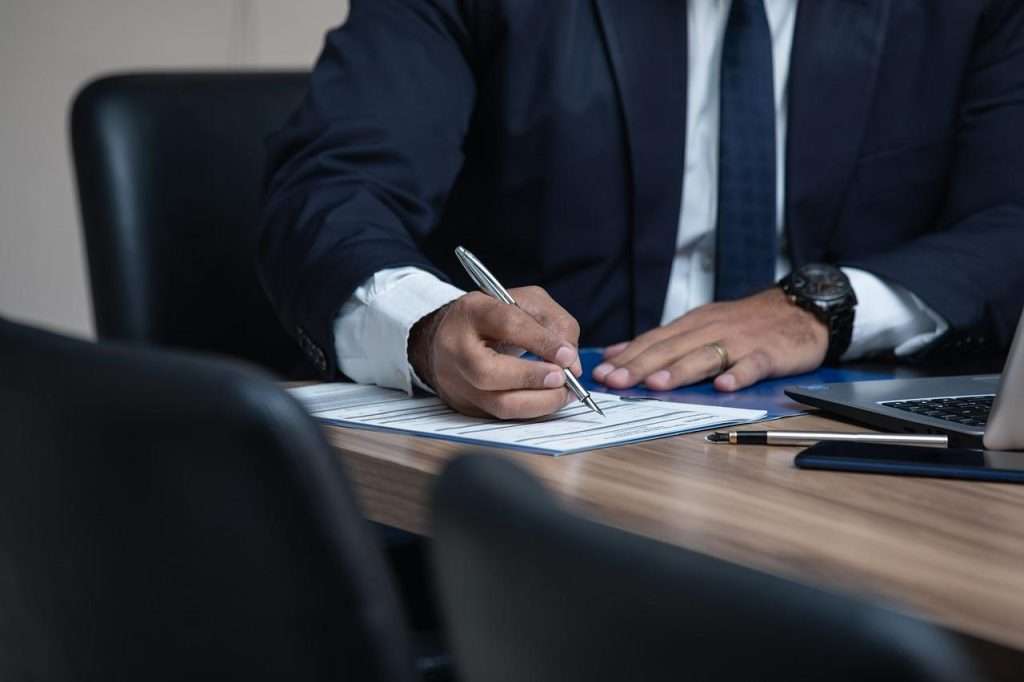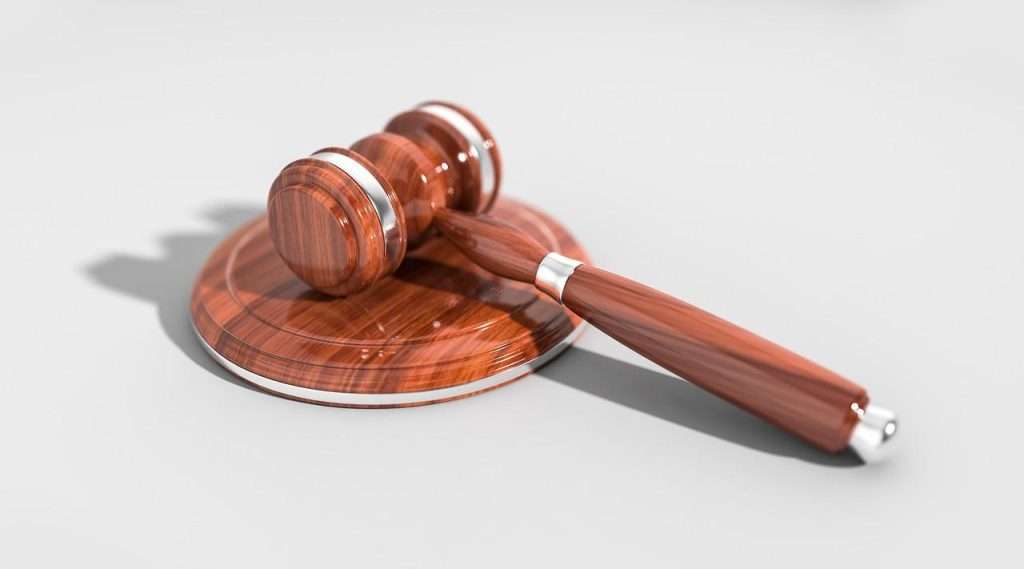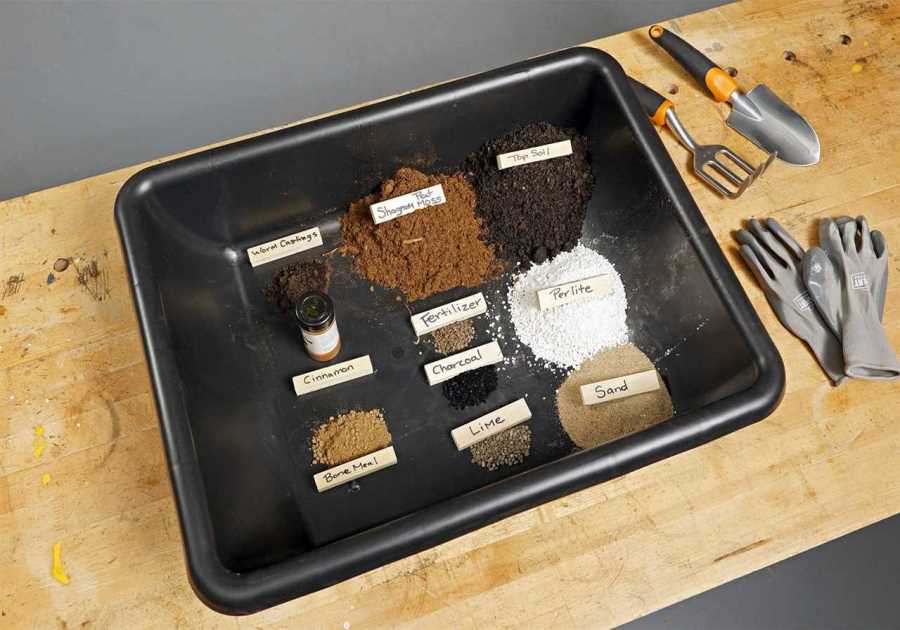Facing criminal charges can be an overwhelming and distressing experience. Whether you’ve been accused of a minor offense or a more serious crime, navigating the legal process can be complex and confusing. In this blog post, we’ll guide you through the various stages that typically follow after you’ve been charged with a criminal offense, highlighting the crucial role of a criminal defense lawyer along the way.

The Importance of Working with a Criminal Defense Lawyer
When you find yourself facing criminal charges, one of the most important decisions you’ll make is whether to hire a criminal defense lawyer. These legal professionals specialize in representing individuals accused of crimes and are essential for safeguarding your rights throughout the legal proceedings.
A seasoned criminal defense attorney brings a wealth of knowledge and experience to the table, which can be pivotal in building a strong defense strategy. They understand the intricacies of the law, know how to navigate the court system, and can provide valuable insights into the potential outcomes of your case. Experts at annemarieodomlaw.com suggest that whether you’re facing a misdemeanor offense at the state level, a felony offense at the federal level, or anything in between, a good criminal defense lawyer is important. Moreover, a skilled lawyer can help ensure that your rights are upheld and that you are treated fairly during every step of the process.
Understanding the Criminal Process
After you’ve been charged with a criminal offense, the legal process begins to unfold. This typically involves several key stages, each of which plays a critical role in determining the eventual outcome of your case.
Arrest and Booking
The process often starts with your arrest, during which you’ll be taken into custody by law enforcement. Following your arrest, you’ll be booked, which includes recording personal information, taking fingerprints, and conducting a background check.
Initial Appearance and Bail
After being booked, you’ll have an initial appearance before a judge. This is when you’ll be informed of the charges against you and advised of your rights. The judge will also decide whether to grant you bail. A criminal defense lawyer can argue for reasonable bail conditions and help secure your release from custody if possible.
Preliminary Hearing or Grand Jury
In some cases, a preliminary hearing or grand jury proceeding may be held to determine if there’s enough evidence to proceed to trial. Your defense attorney can challenge the evidence presented and work to have the charges dismissed or reduced if there is insufficient proof of your guilt.
Arraignment and Plea Bargaining
During the arraignment, you’ll enter a plea—typically guilty, not guilty, or no contest. Your lawyer will guide you through this decision and advise you on the potential consequences of each plea. In many instances, your attorney will engage in plea bargaining with the prosecution to negotiate a lesser charge or reduced sentence.
Pre-Trial Motions and Discovery
Before trial, your defense attorney may file pre-trial motions to challenge evidence, suppress certain statements, or request other legal remedies. Additionally, both sides will engage in the discovery process, where evidence is shared and reviewed to build a solid defense strategy.
Trial and Verdict

If your case goes to trial, your lawyer will present your defense, cross-examine witnesses, and challenge the prosecution’s evidence. A verdict will be reached by a judge or jury. A skilled criminal defense attorney will ensure that your rights are protected throughout the trial and that any procedural errors are addressed.
Sentencing and Appeals
Appeals can address a range of issues, including improper admission of evidence, mistakes in jury instructions, prosecutorial misconduct, ineffective assistance of counsel, and violations of constitutional rights. The appellate court will assess these arguments and determine whether a new trial is warranted if the sentence should be modified, or if the conviction should be overturned. While the appeals process can be lengthy and intricate, a dedicated criminal defense lawyer will navigate the complexities to ensure that your rights are upheld and that every available avenue for a just outcome is explored.
It’s important to note that the appeals process isn’t a retrial; rather, it focuses on evaluating whether legal errors occurred during the initial trial that may have impacted the fairness and accuracy of the verdict. A successful appeal can result in a reduced sentence, a new trial, or even the complete dismissal of charges.
Facing criminal charges is a daunting experience, but you don’t have to navigate it alone. A seasoned criminal defense lawyer is your strongest ally, providing expert guidance, support, and advocacy every step of the way. From the initial arrest to the final verdict, these legal professionals are dedicated to safeguarding your rights and helping you achieve the best possible outcome in your case. By understanding the criminal process and enlisting the help of a skilled attorney, you can take proactive steps toward protecting your future and ensuring a fair and just legal proceeding.
The post So, You Are Facing Criminal Charges – What Happens Next? appeared first on Travel Experta - Travel, Lifestyle, Freedom.
------------------------------------
By: Marina 'Travel Experta'
Title: So, You Are Facing Criminal Charges – What Happens Next?
Sourced From: travelexperta.com/so-you-are-facing-criminal-charges-what-happens-next/
Published Date: Mon, 14 Aug 2023 18:51:04 +0000
Did you miss our previous article...
https://conservativedailytimes.com/lifestyle/do-ceiling-fans-use-a-lot-of-electricity
.png)





